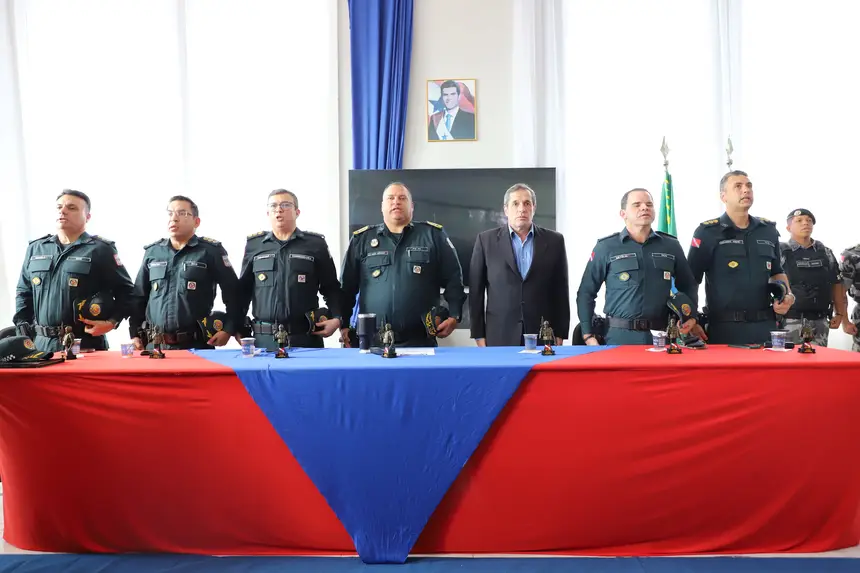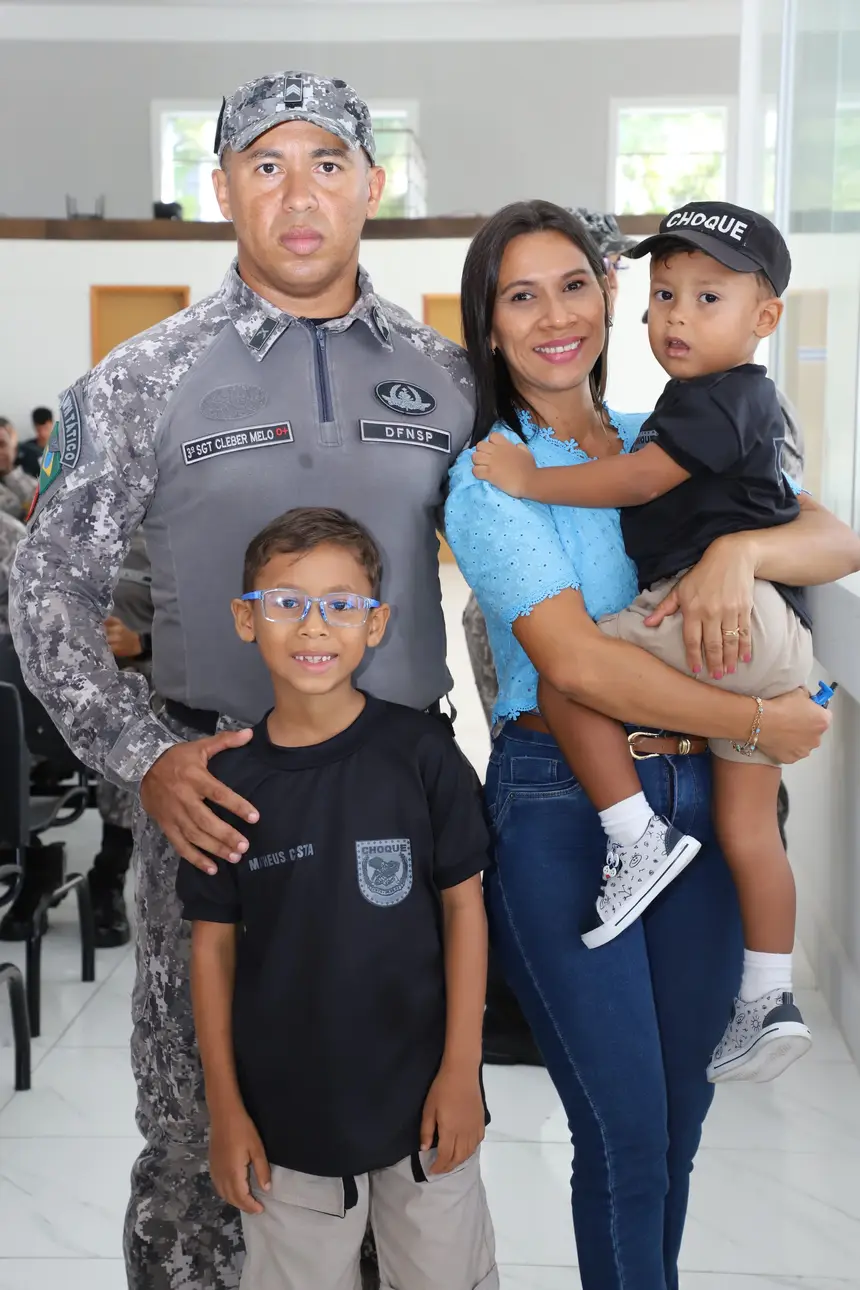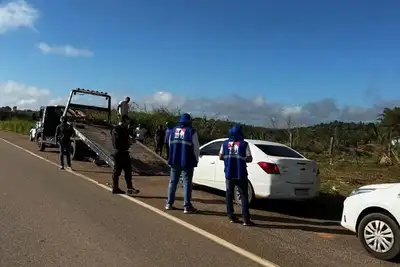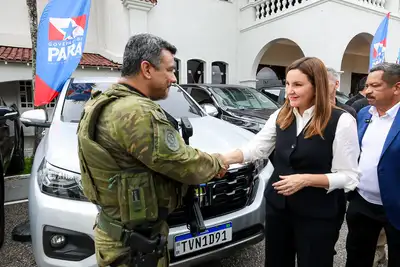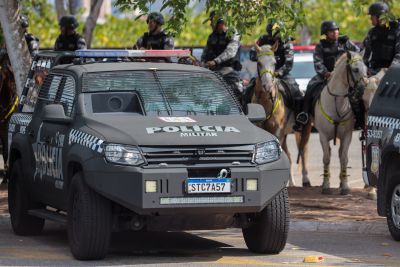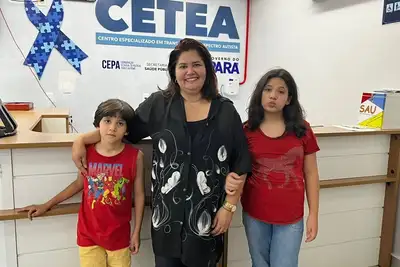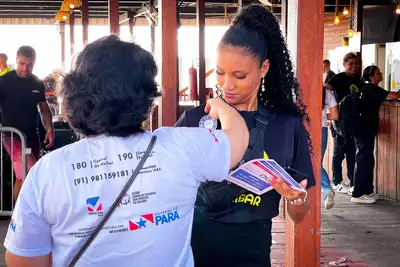Military and Civil Police Complete Integrated Training Promoted by the Unified Public Security System (SUSP)
The course covered theoretical, technical, and practical content aimed at supporting criminal investigations, overt patrolling, civil defense operations, criminal expertise, and activities of the Military Fire Department.
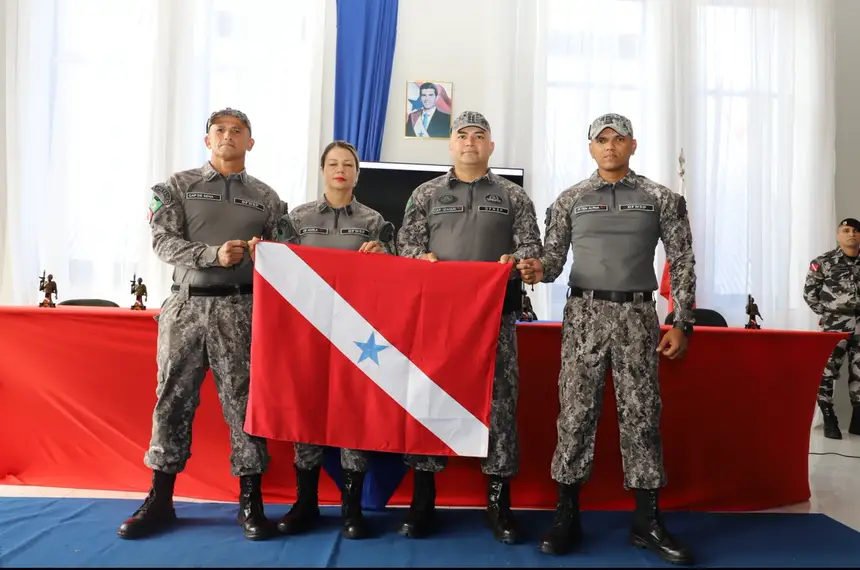
Two important graduations aimed at high-risk operations were held this Friday (04) in Belém. The Military Police of Pará and the Civil Police participated in the conclusion of the Knowledge Leveling Instruction (INC) and the 50th edition of the Tactical Pre-Hospital Care Course (APHT), both promoted by the Unified Public Security System (SUSP). The training reinforces the integrated and qualified action of public security forces, focusing on standardizing procedures, emergency care, and preserving life in critical situations.
The Military Police held, in Belém, this Friday (04), the graduation of 91 military police officers who participated in and completed the Knowledge Leveling Instruction (INC), aimed at standardizing knowledge and operational procedures among public security professionals in Brazil.
3rd Sergeant Kleber Melo, a member of the Shock Battalion since 2012, highlighted the importance of the training as a professional and personal achievement after years of working on major missions across the country. “I have participated in several missions, such as on January 8, in Rio Grande do Norte, and during the floods in Rio Grande do Sul, but I still lacked the leveling of the National Force. Now, with this training completed, I feel accomplished, truly ready to act in missions.”
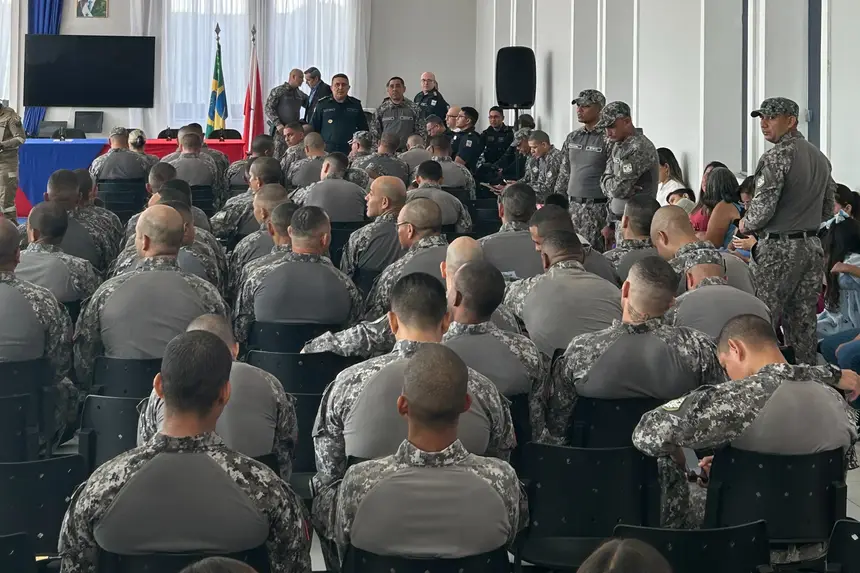
With a workload of 150 class hours, the training took place in three strategic locations: the Special Missions Command (CME), the Military Police Training Center (CTPM), and the State Institute of Public Security (IESP). The course covered theoretical, technical, and practical content aimed at supporting criminal investigations, overt patrolling, civil defense operations, criminal expertise, and activities of the Military Fire Department, all in accordance with current legislation.
The instruction team was composed of professionals from different states and public security institutions, such as the Military Police, Fire Department, and Civil Police, reflecting the integrated and multidisciplinary nature of the training. Among the instructors were representatives from PMMG, PMAP, BMPE, PMTO, PMERJ, PMRN, PMPA, PMBA, PMSP, PMPB, BMMA, and PCMS.
During the course, the police officers were trained in essential topics such as:
* Action in indigenous territories
* Integrated actions with agencies such as Ibama, ICMBio, Federal Police, and PRF
* River policing and aquatic operations
* Policing and police approach techniques
* Tactical pre-hospital care (APHT)
* Defensive shooting techniques (Giraldi method)
* Human rights and differentiated use of force
* Notions of dignitary security and crowd control
* Techniques for isolating and preserving crime scenes
* Notions of security and protection of authorities.
The qualification represents another step towards strengthening integrated actions within the SUSP framework, promoting greater efficiency in joint operations among the country's public security forces.
Coordination – The overall coordination of the initiative was the responsibility of Lieutenant Colonel Kisler Marcos Souza Rodrigues, commander of the Training and Qualification Center of the National Force (PMMG), with local coordination by Major Maxwell Matos de Sousa, commander of the Shock Police Battalion of PMPA. The executive coordination was led by Captain Izaque Palheta dos Santos, of the Military Police of Amapá.
In addition to the INC graduation, civil and military security professionals also participated in the Tactical Pre-Hospital Care Course (APHT). The 50th edition of the course, promoted by the National Force, trained 32 public security professionals to act in risk situations, applying pre-hospital care techniques in tactical scenarios.
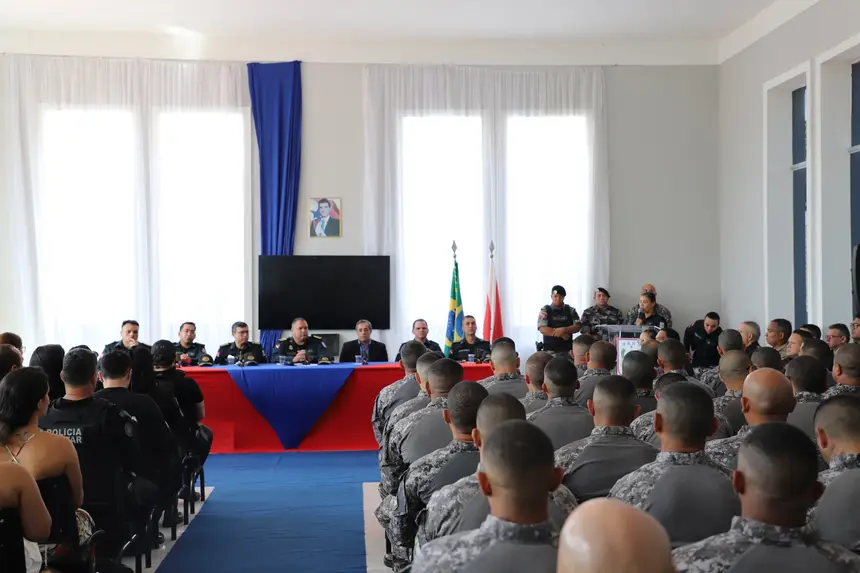
The training covered specific protocols and procedures for operational environments, including hemorrhage control, basic life support, and transporting victims in adverse conditions. Participants developed knowledge in biomechanics and kinematics of conventional and tactical trauma, as well as basic life support (SBV/BLS), among other content aimed at acting in critical situations.
A Civil Police investigator, assigned to the Homicide Division in Belém, highlighted the importance of the course as a rare opportunity to deepen essential knowledge in operational work:
“It was a very rewarding experience. In the Civil Police courses, we usually only have basic notions of pre-hospital care. In this one, we were able to deepen and acquire real preparation to act in unforeseen situations, potentially saving a colleague's life or even our own. It was an intense, demanding training, but very rich in learning,” explained the investigator.
“Investing in the qualification of the troops is a priority to ensure a safer, more technical, and integrated action. Courses like the INC and the Tactical APH not only reinforce individual preparation but strengthen the joint work among security forces. We are training more capable professionals to face any type of mission, always focusing on the protection of life and respect for fundamental rights,” stated the Commander-General of the Military Police of Pará, Colonel Dilson Júnior.
The training also directly contributes to the preparation of personnel for potential operational needs during the COP30, a large international event that will be held in Belém in 2025. The technical training and integrated action of security forces will be essential to ensure public safety and the reception of representatives from around the world during the conference.


